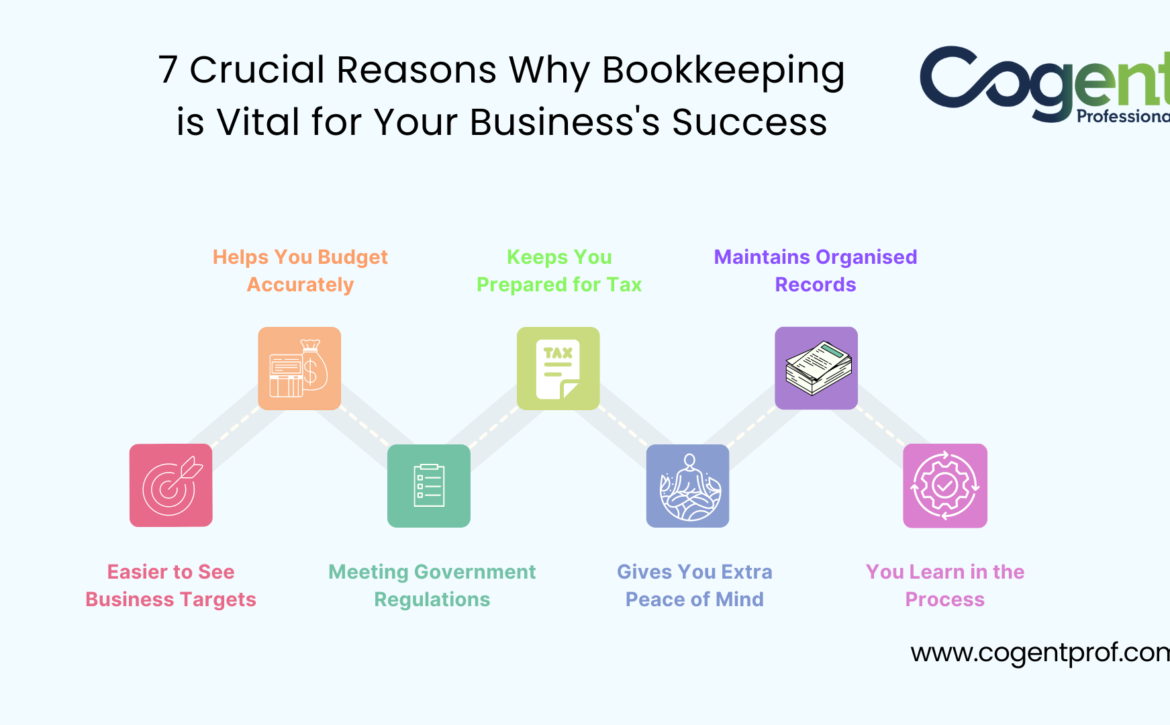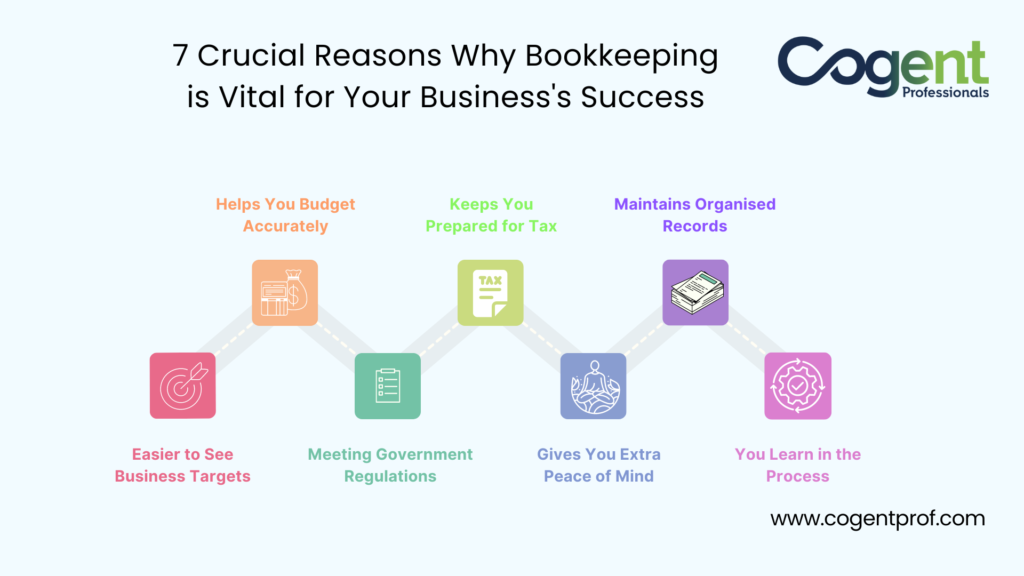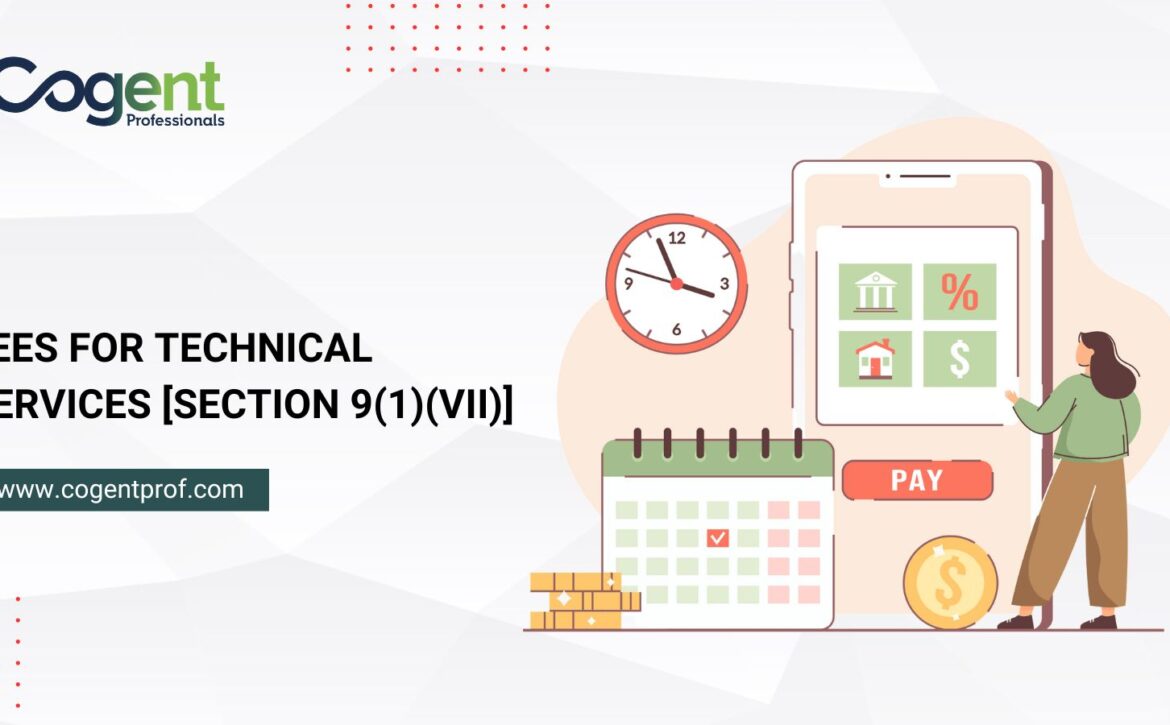Fees for technical services [Section 9(1)(vii)]
Any fees for technical services will be deemed to accrue or arise in India if they are payable by –
(i) the Government.
(ii) a person who is resident in India
Exception: Where the fees is payable in respect of technical services utilized in a business or
profession carried on by such person outside India or for the purpose of making or earning any
income from any source outside India.
(iii) a person who is a non-resident, only where the fees are payable in respect of services
utilised in a business or profession carried on by the non-resident in India or where such services
are utilised for the purpose of making or earning any income from any source in India.
Fees for technical services mean any consideration (including any lumpsum consideration) for
the rendering of any managerial, technical or consultancy services (including providing the
services of technical or other personnel).
However, it does not include consideration for any construction, assembly, mining or like project
undertaken by the recipient or consideration which would be income of the recipient chargeable
under the head ‘Salaries’
According to this section, any income received in India by a non-resident for fees for technical
services rendered in India or outside India is taxable in India, irrespective of whether the nonresident has a business connection or permanent establishment in India.
The term “technical services” typically refers to any consideration for rendering managerial,
consultancy, or technical services. This could include services such as:
- Engineering services
- Technical consulting
- Software development services
- Technical testing and analysis
- Technical assistance in setting up plants or machinery
- Any other services of a technical nature
As per India-UK Treaty:
As per para (4) of the Article-13, the term “fees for technical services” means payments of any
kind to any person in consideration for the rendering of any technical or consultancy services
(including the provisions of services of technical or other personnel) which:
(a) are ancillary and subsidiary to the application or enjoyment of the right, property
or information for which a payment described in paragraph (3)(a) of this Article is
received; or
(b) are ancillary and subsidiary to the enjoyment of the property for which a payment
described in paragraph (3)(b) of this Article is received; or
(c) make available technical knowledge, experience, skill, know-how or processes, or
consist of the development and transfer of a technical plan or technical design.
As per India-US Treaty:
As per Para – 4 of Article – 12, fees for included services” means payments of any kind to any
person in consideration for the rendering of any technical or consultancy services (including
through the provision of services of technical or other personnel) if such services :
a) are ancillary and subsidiary to the application or enjoyment of the right, property or
information for which a payment described in paragraph 3 is received ; or
b) Make available technical knowledge, experience, skill, know-how, or processes, or
consist of the development and transfer of a technical plan or technical design.
Significance of Make Available Clause:
In treaties there is make available clause in Article 12/13 which mandates that services should
“make available” technical knowledge, experience, skill, know how or processes.
The term make available has far reaching significance since it limits scope of FTS. This clause
want to retain the exclusive rights for taxing the transaction where there is no transfer or
dissemination of knowledge or skill involved.
The expression “make available” is used in the sense of one person supplying or transferring or
imparting technical knowledge or technology to another.
Technology is considered made available when the service recipient is enabled to absorb and
apply the technology contained therein without the help of service provider in the future. In
other words, technology, know-how, knowledge etc. is considered to be made available when the
service receiver is able to use such technology, know-how, knowledge etc. as owner
independently in future work.
Analysis of above provisions
➣Should be rendition of services.
➣Includes provision of services of technical and other personnel
➣The terms managerial, technical and consultancy are not defined anywhere in the
Income Tax Act, 1961. In the absence of definition under Income Tax Act the common
and general meaning of these terms should be taken into consideration (GVK Industries
Ltd. [2015] 371 ITR 453 (SC)).
In General – Consultation means an act of asking for “advice or opinion” .
Supreme Court observed that consultation means a meeting in which a party consults
or confers and eventually it results in human interaction that leads to rendering of advice.
As per Delhi ITAT in Le Passage to India Tours & Travel (P) Ltd. [2014] 369 ITR 109,
it is held that not all kinds of advisory qualify as technical services. For any consultancy
to be treated as technical services, it would be necessary that a technical element is
involved in such advisory. Thus, the consultancy should be rendered by someone who
has special skills and expertise.
➣The expression “managerial service” needs to be considered in a commercial parlance.
It has been interpreted as follows:
- It signifies service for management of affairs or services rendered in performing
management functions. - It involves controlling, directing or administering the business.
- It means managing the affairs by laying down certain policies, standards and
procedures and then evaluating the actual performance in light of the procedures
so laid down
➣Services are of technical nature when special skills or knowledge or education related to
a technical field are required for the provision of such services. A mere use of a standard
facility does not result into availing of technical services although such facility has been
developed with the usage of technology. (E-bay International AG vs ADIT (2012) 25
taxmann.com 500 (Mum))
➣Technical services are not limited to the professional services referred to in Article 14,
paragraph 2. Services performed by other professionals, such as pharmacists, and other
occupations, such as scientists, academics, etc., may also constitute technical services if
those services involve the provision of specialized knowledge, skill and expertise.
➣The ordinary meaning of “consultancy” involves the provision of advice or services of a
specialized nature. Professionals usually provide advice or services that fit within the
general meaning of consultancy services although they may also constitute management
or technical services.
➣The terms “management,” “technical” and “consultancy” do not have precise meanings
and may overlap. Thus, for example, services of a technical nature may also be services
of a consultancy nature and management services may also be considered to be services
of a consultancy nature.
Judicial Precedents:
➣The term managerial services, ordinarily means handling management and its affairs.
As per the concise oxford dictionary, the term managerial services means rendering of
services which involves controlling, directing, managing or administering a business or
part of a business or any other thing. (Endemol South Africa (Proprietary) Ltd. vs
DCIT [2018] 98 taxmann.com 227 (Mum ITAT))
➣The word technical is involving or concerning applied and industrial sciences.
Consultancy is generally understood to mean advisory services. Further, it may be fair to
state that not all kind of advisory could qualify as technical services. For any consultancy
to be treated as technical services, it would be necessary that a technical element is
involved in such advisory. Thus, the consultancy should be rendered by someone who
has special skills and expertise in rendering such advisory. (Skycell Communication
Ltd. vs DCIT [2001] 251 ITR 53)
➣The expression technical service would have reference to only technical service rendered
by a human being. It would not include any service provided by machines or robots.
(DDIT (International Taxation) vs Avavya Global Connect Ltd. [2011] 43 SOT 439)
➣Consultancy Services would mean something akin to advisory services pursuant to
deliberation between parties. (CIT vs Grup Ism (P) Ltd. [2015] 278 CTR 194 (Delhi))
➣The term consultancy services, in common parlance, means providing advice or advisory
services by a professional. Usually consultancy services are professional services
requiring specialized qualification, knowledge, expertise of a professional person, and
are more dependent on skill, intellect and individual characteristics of the person
rendering it. (Endemol South Africa (Proprietary) Ltd. vs DCIT [2018] 98
taxmann.com 227 (Mum ITAT))
Are you navigating the complexities of technical service taxation? Whether you’re a business owner, consultant, or taxpayer, understanding the nuances of Section 9(1)(vii) is crucial.
Stay informed and ensure compliance with the latest regulations. Reach out to us for expert guidance and assistance in managing your tax obligations effectively.
Let’s simplify the process together.
Contact Us
Reach us on Whatsapp


















